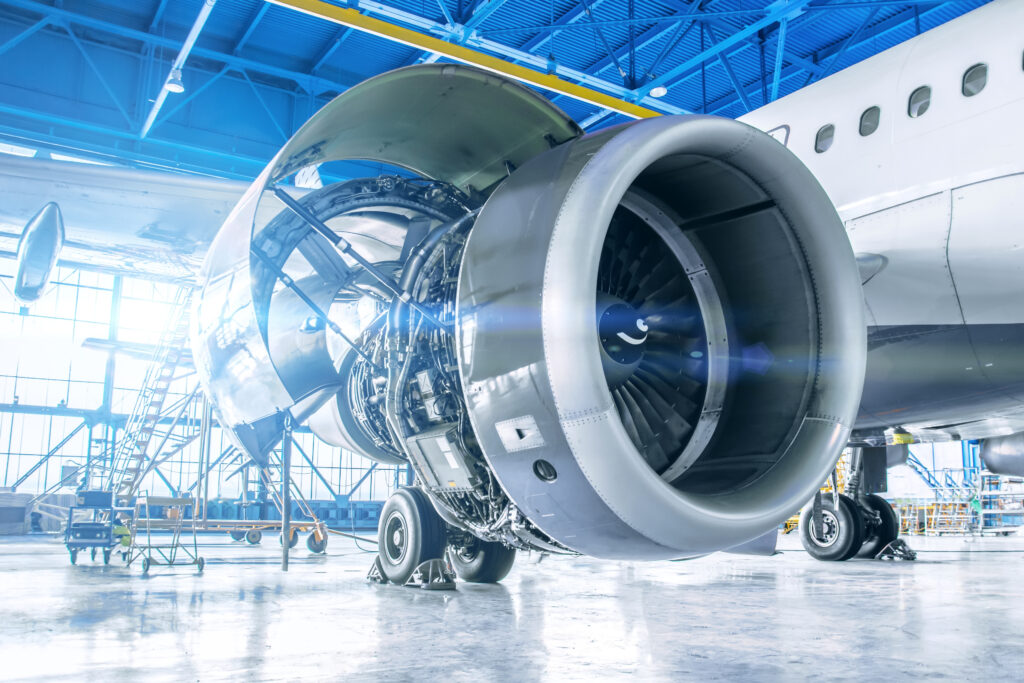
Fastener Failure Analysis: Understanding Causes and Prevention
In the world of aerospace engineering and beyond, the reliability of fasteners is paramount. Fasteners such as bolts, screws, and rivets play a critical role in ensuring the structural integrity and safety of various applications, from aircraft to industrial machinery. However, despite advancements in materials and manufacturing techniques, fastener failures still occur, posing risks of catastrophic consequences. In this article, we delve into the realm of fastener failure analysis, exploring the various failure modes, causes, and preventive measures.
Understanding Fastener Failure Modes
Fastener failures can manifest in several ways, each indicative of distinct underlying causes. Among the most common failure modes are mechanical failure, fatigue failure, and corrosion-related failure.
Mechanical failure occurs when a fastener is subjected to excessive loads or stresses beyond its design limits, leading to deformation or fracture. Fatigue failure, on the other hand, arises from repeated cyclic loading, causing progressive damage and eventual fracture of the fastener. Corrosion-related failure occurs due to chemical reactions between the fastener material and its environment, compromising its structural integrity over time.
Identifying the Root Causes
To conduct a comprehensive fastener failure analysis, it is crucial to identify the root causes behind the failure. Factors such as material properties, manufacturing methods, and environmental conditions all play significant roles in determining the failure mode.
Material Properties
The fastener material plays a pivotal role in performance. Different materials exhibit varying levels of strength, hardness, and corrosion resistance, influencing their susceptibility to failure. Steel, commonly used in aerospace applications for its high strength-to-weight ratio, can succumb to corrosion if not adequately shielded.
Furthermore, factors such as mechanical loading and environmental conditions interact with material properties, leading to various failure modes like fatigue or stress corrosion cracks. Material testing labs can evaluate fastener integrity and identify potential weaknesses early on.
By considering the material composition alongside operational conditions, aerospace engineers can mitigate risks and ensure the durability of fastener connections. It is of course important to source fasteners from a reputable supplier. At JP Aero, we specialise in providing high-quality fasteners designed to meet stringent aerospace standards.
Manufacturing Methods
The manufacturing methods employed may also determine the integrity of fasteners. Whether it’s the precision of machining techniques, the effectiveness of heat treatment processes, or the quality of surface finishes, every step in the manufacturing process can impact the final product’s reliability.
A good quality surface finish incorporating a coating, for example, prevents corrosion by creating a protective barrier that maintains surface smoothness and enhances environmental durability. Investing in fasteners with high-quality surface finishes is essential for ensuring the longevity and reliability of critical components in various industrial applications.
Environmental Conditions
Environmental conditions, encompassing factors like corrosion, chemical exposure, temperature extremes, UV radiation, vibration, shock, and moisture ingress, play pivotal roles in fastener failure. Corrosive environments weaken material integrity through rust formation and degradation of protective coatings, while chemical exposure induces embrittlement and swelling.
Extreme temperatures lead to stress concentrations and thermal fatigue, while UV radiation causes material degradation over time. Vibrational forces loosen fasteners and induce fatigue cracking, while moisture ingress accelerates corrosion processes.
Implementing strategies such as corrosion-resistant coatings, UV-stable materials, and effective sealing methods can mitigate the effects of environmental exposure and prolong the service life of fasteners in demanding applications.
Analysing Operational Stress Failures
Fastener failure analysis often involves examining the fracture surface to discern the underlying mechanisms of failure. Different failure modes leave distinct patterns on the fracture surface, providing valuable insights into the failure process.
Shear failure, characterised by a diagonal fracture surface, occurs when the applied load exceeds the fastener’s shear strength. Fatigue cracks, on the other hand, exhibit distinctive propagation patterns indicative of cyclic loading. Stress corrosion cracking, a corrosion-induced failure mechanism, often manifests as fine, branched cracks on the fracture surface.
Utilising Advanced Techniques
In-depth fastener failure analysis often requires specialised equipment and expertise. Material testing labs employ various techniques such as microscopy, spectroscopy, and mechanical testing to assess material properties, identify defects, and analyse failure mechanisms.
Scanning electron microscopy (SEM) allows for high-resolution imaging of the fracture surface, enabling detailed examination of crack initiation and propagation paths. Energy-dispersive X-ray spectroscopy (EDS) provides elemental analysis, aiding in identifying chemical compositions and corrosion products present on the fracture surface.
Preventing Fastener Failures
While fastener failures cannot be entirely eliminated, proactive measures can significantly reduce their occurrence and mitigate associated risks. Proper material selection, surface treatment, and quality control during manufacturing are critical steps in ensuring fastener integrity.
Regular inspection and maintenance protocols help detect early signs of degradation or corrosion, allowing for timely intervention before catastrophic failure occurs. Implementing corrosion-resistant coatings or inhibitors can extend the service life of fasteners exposed to harsh environmental conditions.
Fastener failure analysis is a complex yet essential aspect of engineering design and maintenance. By understanding the various failure modes, identifying root causes, and utilising advanced analytical techniques, engineers can develop strategies to prevent fastener failures and enhance overall system reliability. In an industry where safety is paramount, proactive measures to address fastener integrity are indispensable for safeguarding lives and assets.
At JP Aero, we are the UK’s premier supplier of fasteners, offering a comprehensive range of standard, metric, and custom designs. With our extensive expertise in fasteners spanning commercial aviation, heavy industry, oil & gas exploration, defence, and the burgeoning space industry, we ensure top-notch quality and reliability in every product.
Whether you’re in the aerospace, aviation, or any other industry requiring innovative fasteners, our dedicated team stands ready to assist you. Contact us today for unparalleled support and access to high-quality fasteners that meet the most rigorous industry standards.
